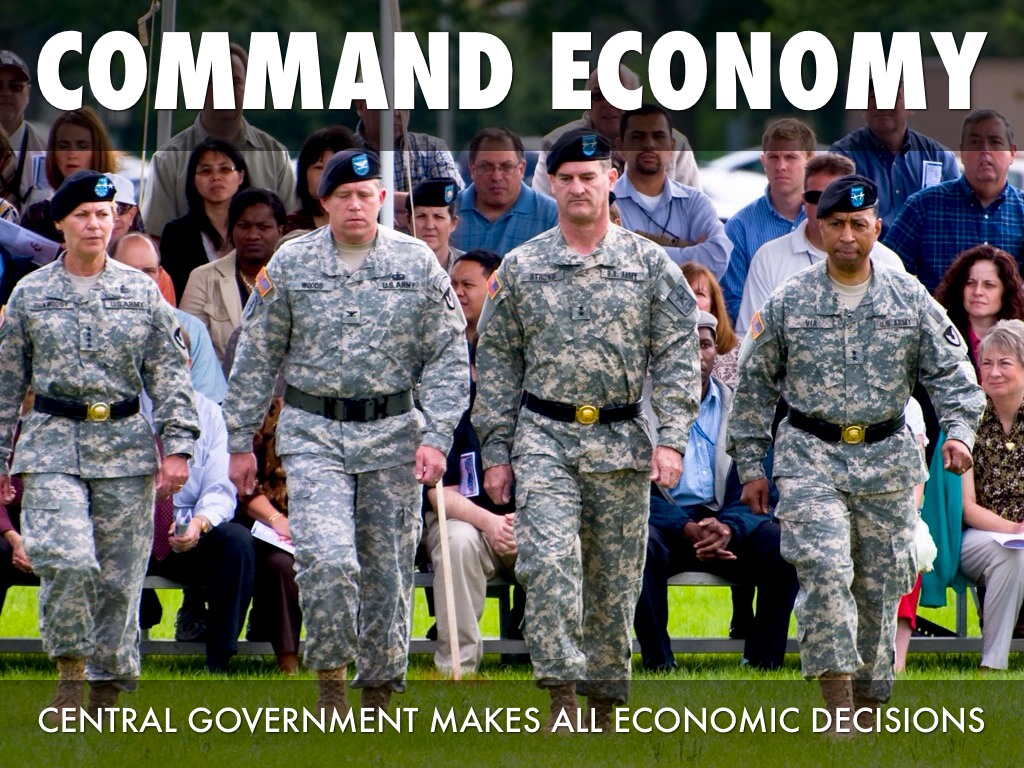

Nominally, Xi’s name upstaged Premier Li’s throughout the deliverables. How could we view the reform document released at last November’s Third Plenum of the Communist Party’s Central Committee through the prism of economic decision-making power?įirst, as with the adjustment to the Standing Commitee’s structure at the First Plenum, the Third Plenum delivered power into Xi’s strong executive hands. The change to business as usual extends beyond economics to the security cone and politics. Instead, Xi has surprised most observers by consolidating power and decision-making authority and reasserting the government into the regulatory business in the name of long-term growth despite the short-term risk to GDP.

The structural adjustment that was evidence of policy reform after 1978 petered out by the 2000s, causing growth to stall, return on investment to falter, productivity growth to moderate, and risks to rise.Īgainst that backdrop, many analysts expected China’s fifth generation leaders - Xi Jinping and Li Keqiang - to be tightly constrained by vested interests and committee-reluctance to put anyone’s elite interests at risk. Like separation of powers in ancient Athens or modern America, in Beijing the dilution of authority beyond the hands of one man was meant to guard against executive excesses, which China has confronted for millennia, Mao Zedong being only the most recent example.Īnd as in Greece, and here in Washington, the problem with fragmenting power - whatever the motive - is that it is prone to gridlock, which despite all the talk about China’s dynamism and ability to move faster than Western democracies has crept up and stymied decisive action over time. Therefore over the course of China’s ensuing reform period were, first, that the growth was the categorical imperative and government involvement and regulation were only permitted to the extent they did not choke off growth - even to the point of letting tens of thousands of foreigners and their firms into the hitherto autarkic Chinese economy or watching the ecology be despoiled and second, that authority to make major political decisions was diluted across the membership of the Standing Committee of the Politburo, and even the General Secretary was beholden to his colleagues’ concurrence. First, that the state’s management of the economy had destroyed it and impoverished the nation relative to its neighbors and second, the concentration of unchecked decision-making power in a single individual could be disastrous. The political economy of China evolved from 1978 onwards to reflect two basic problems that were clear to China’s leading individuals at the end of the Mao era. How governments make decisions depends on how decisively they are empowered to act.

This article was adapted from a presentation at CSIS in late February 2014. Rosen is founding partner of Rhodium Group (RHG).


 0 kommentar(er)
0 kommentar(er)
